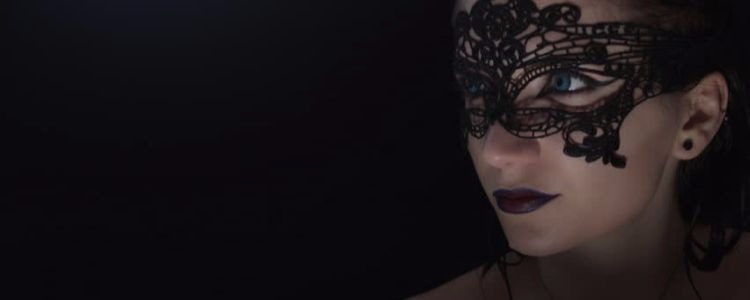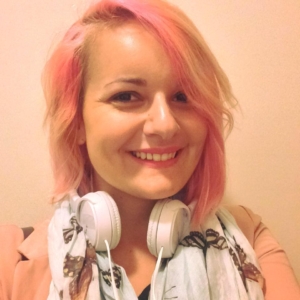Can Horror Be the Body-Positive, Feminist, Mental Health-Savvy Genre We’ve Been Waiting For?
When casual viewers think of horror, images of scantily-clad women and problematic depictions of institutionalized people typically come to mind. And while there is no shortage of “naked-promiscuous-woman-is-slaughtered-while-nice-guy-flees-deranged-killer” horror flicks out there, a growing number of horror films are offering empowering messages and thought-provoking cultural critiques to viewers.
This past Friday, I caught Happy Death Day in theaters, which trailers depicted as a silly teen horror flick. Seemingly-vapid sorority girl? Check. Masked killer? Check. Nudity? Check.
I was pleasantly surprised when the sorority girl in question was actually portrayed as a nuanced young woman capable of growth and not simply a helpless, shallow victim. In the movie, Tree copes with the death of her mother by being mean to other people. And then someone murders her. Tree wakes up each morning to relive this final day over and over again until she can figure out who murdered her. In the process, she learns to stand up for herself and others, open up about her mother’s death, and even take ownership of her body by strutting around campus in the buff.
In one significant scene in terms of character development, Tree stands up for Becky, a fellow sorority sister who happens to be a woman of size and of color. As the head sister is criticizing Becky for her size and food choices, Tree sits next to her in solidarity with an “unhealthy” lunch of her own. That’s the beautiful thing about the horror genre: you can get meaningful messages wrapped in guts and gore.
After the credits rolled and I left the theater, I started to think about all of the excellently-crafted, empowering horror movies I’ve seen in recent years. Just a few weeks prior, I watched the remake of It, in which quirky tomboy Beverly Marsh is a free-spirited, adventurous heroine from a troubled home. The film touches upon the effects of slut-shaming and how we as adults contribute to oppression and victim-blaming.
In 2016 mystery/horror film The Witch, eldest child and family scapegoat Thomasin sells her body and soul to Satan, who slaughtered her family. The message against a repressive, Puritanical society that exerts extreme control over women’s minds and bodies is clear.
Meanwhile, 2016 film Hush centers on Maddie, a deaf woman and award-winning novelist who isn’t portrayed as a helpless victim. Instead, she uses her creativity and hearing impairment to fight a vicious masked attacker.
And in 2014 film The Babadook, a mother named Amelia and her young son, Samuel, face the demon born out of depression, grief, and their troubled relationship. Together, they are able to face and subdue the terrifying monster without losing their humanity. Although their quirks and extreme behavioral issues are on full display throughout the movie, the audience never stops empathizing with their unique plight.
Other hit horror flicks like Carrie, It Follows, and Get Out also subvert common tropes of femininity, sexuality, and race. Women, queer people, people of color, and people with disabilities watch horror and want better representation. And we’re not afraid to create the films we want to see—women are directing horror films in increasing numbers.
This Halloween, I’m going to sit back and watch the gems from a genre that has the power to fearlessly subvert stereotypes, challenge problematic cultural values, and create change. The world can be a scary, unpredictable place. We need smart horror that shows us that we can be the heroes of our own lives, that we can claim our power and fight back.
Note: some horror movies may be triggering to survivors of violence and those struggle with mental health, including eating disorders. If you’re concerned about themes in a specific film, we encourage you to check in with your treatment team or mental health professional before watching.
Diana Denza is NEDA’s communications associate and resident horror fanatic. She graduated from Fordham University in 2011 with a degree in communications. Diana currently has four Halloween costumes for 2017.





